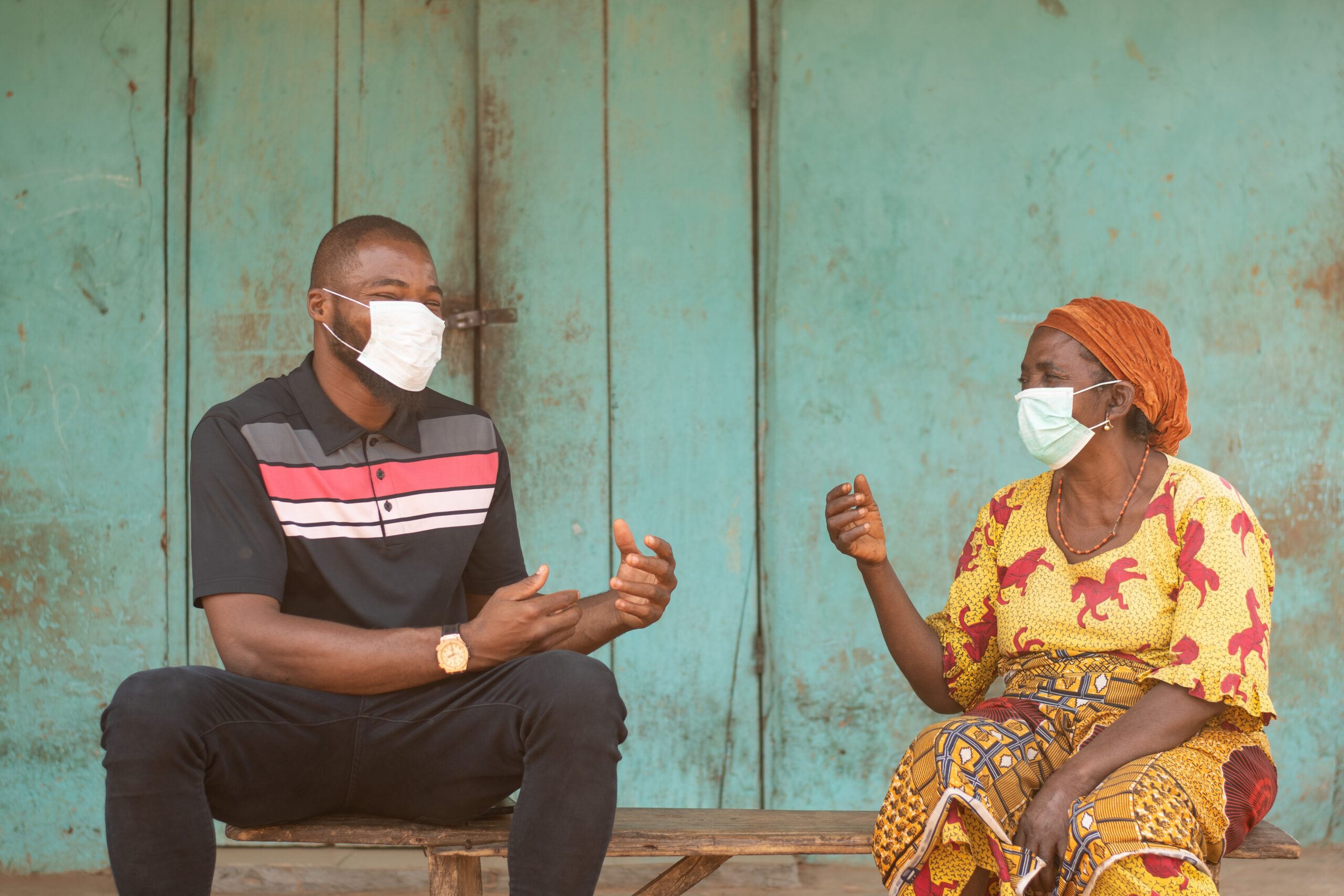The COVID-19 pandemic was marked by vaccines, therapeutics, and diagnostics apartheid, as well as the decimation of health systems. In this report, from Matahari Global Solutions, the gender-related barriers to accessing COVID-19 vaccines are explored.
Through a process of interviewing 25 individuals from global health agencies, UN agencies, civil society organisations (including feminist and LGBTQIA+ organisations, and academic/research institutions), several barriers to accessing COVID-19 services were documented including:
- Gendered Social Norms/Traditional Roles. Gendered norms often result in women taking a disproportionate burden of domestic work, care for children, seek permission from male relatives to access healthcare, or present at vaccination centres with a male guardian.
- Transportation and a Lack of Finances. With gendered roles comes limited access to transportation, with male partners more likely to have full-time use of owned vehicles, and a lack of access to financial means for public transport to travel to COVID-19 vaccination or treatment centres.
- Health Systems Factors, including Digitalisation of COVID-19 Tools. Many governments rolled out digital-first tools for vaccine registration, leaving out elderly populations, disabled populations, and populations with less digital literacy. In LMICs, 165 million less women have access to mobile phones compared to men. In addition, the COVID-19 response did not take into account the need to deploy vaccines and treatments in safe environments for LGBTQIA+ people.
- Exclusion from Clinical Trials. Pregnant and lactating people were left out of clinical trials for vaccines and for the novel antivirals, despite pregnant people having higher COVID-19 risk. This resulted in delays of lifesaving interventions, and increased misinformation.
- Limited Gender-Disaggregated Data. Countries did not initially collect sex- and gender- disaggregated data on COVID-19 deaths, hospitalisation rates, and infections. In addition, there was poor sex- and gender-based analyses of clinical trial results.
The research also distilled recommendations for governments, global health agencies/donors, and scientists/biomedical researchers.
Matahari Global Solutions (2023) COVID-19 and Gender: Best Practices, Challenges, and Lessons for Future Pandemics






